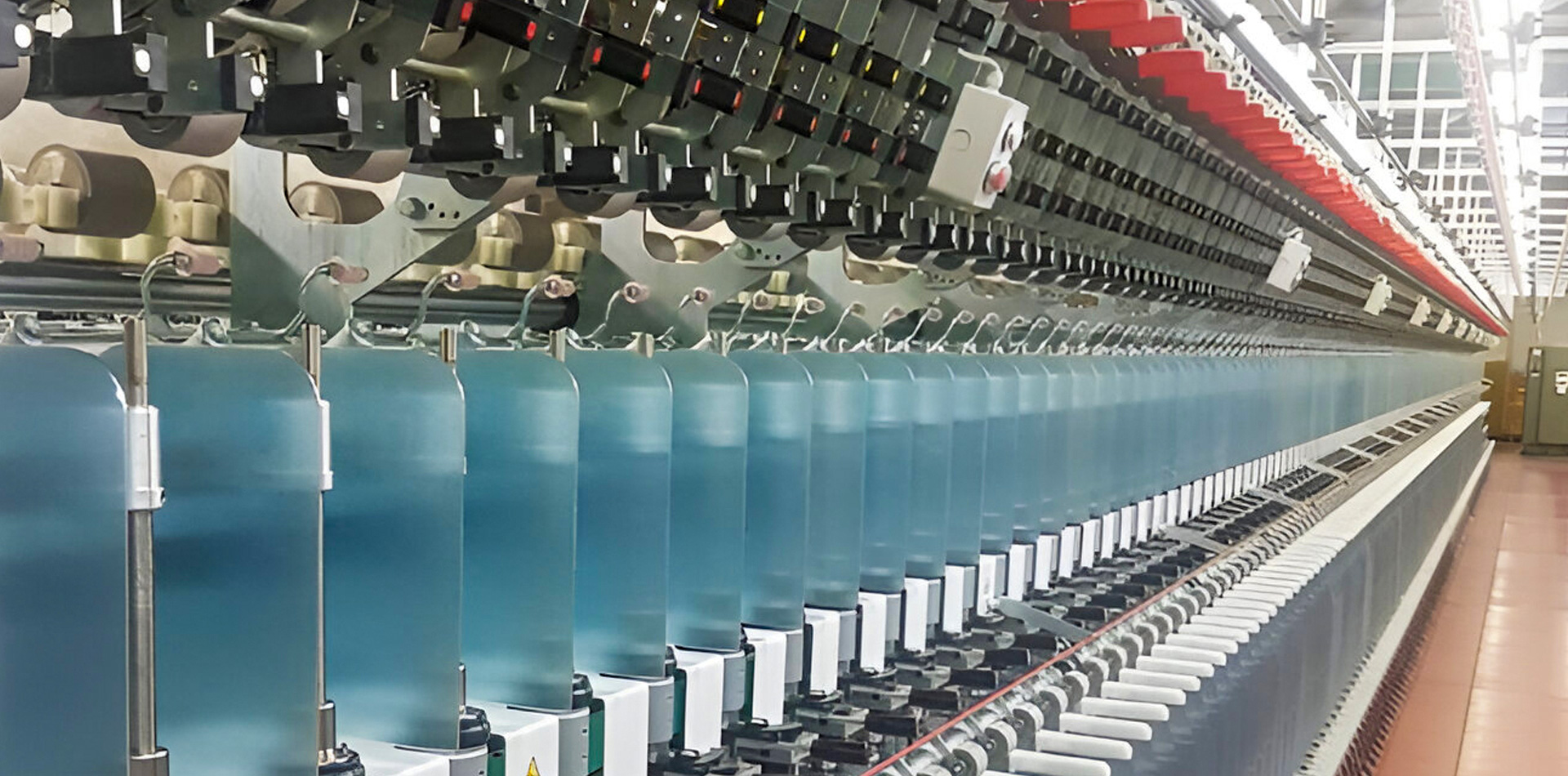The textile industry is a sector that is constantly seeking innovation to meet the demands of rapid production and high-quality standards. Industrial automation plays a vital role in meeting these demands within the textile industry. Automatic weaving machines, yarn production machines, industrial sewing machines, robotic cutting systems, and automatic dyeing systems are just a few examples of the automation technologies commonly used in textile factories.

PLC systems, SCADA software, and servo motors play a crucial role in the control and monitoring of textile production processes. Servo motors enhance efficiency on the production line by providing precise positioning, speed, and torque control in textile machines. Especially in cutting and sewing operations that require high precision, servo motors enable error-free and rapid results. These motors also contribute to cost reduction and increased efficiency by saving energy and offering long lifespans. All processes on the production line can be monitored through these systems, allowing for real-time interventions when necessary. This minimizes the potential errors in the production process.
The use of robotic automation is increasingly widespread in the textile industry. Robotic arms enhance production capacity by offering high precision and speed in processes such as cutting, sewing, and packaging. With Industry 4.0, smart factories have become even more efficient through data analysis and Internet of Things (IoT) technologies. PC-based automation applications integrated with Industry 4.0 provide more flexible and scalable solutions than traditional control systems. PC-based systems can process large data sets due to their high-performance processing power, optimizing production processes. Additionally, PC-based automation solutions speed up communication between machines, allowing for more synchronized and seamless operations on the production line. This results in faster production, flexibility, and cost advantages.
The increasing use of industrial automation in the textile industry has significantly improved both production speed and product quality. Automated quality control systems, fast production cycles, and energy-saving machines are making textile factories more competitive and sustainable. In the future, the continued integration of these technologies will accelerate the digital transformation of the textile sector.